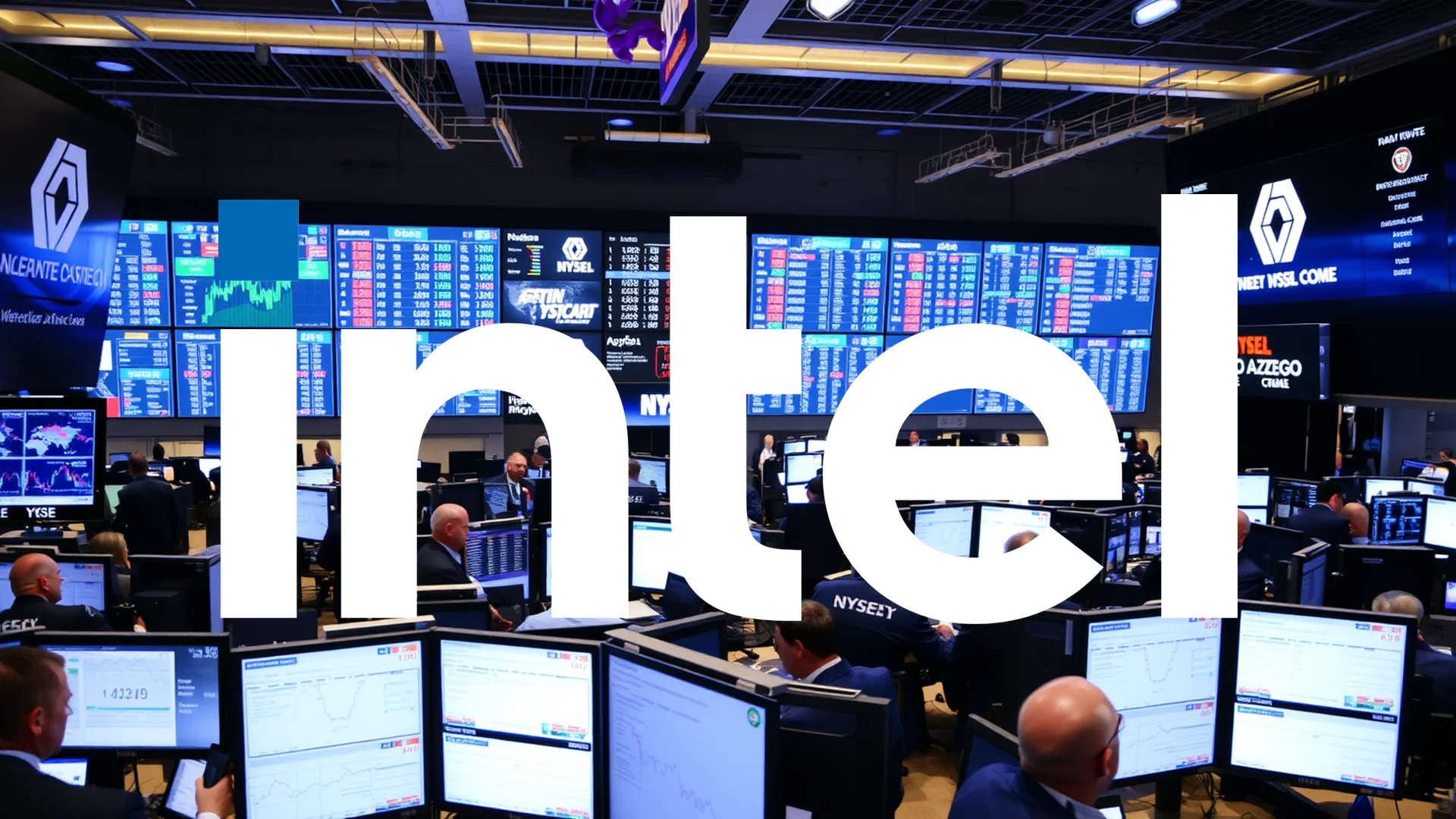A significant legal development has emerged that could impact Intel’s ongoing recovery efforts. Taiwan Semiconductor Manufacturing Company (TSMC), the world’s dominant semiconductor manufacturer, has initiated legal proceedings against a former senior executive who joined Intel, accusing him of compromising confidential business information. The allegations center around advanced 2-nanometer technologies and strategic development plans, creating potential complications for Intel’s turnaround strategy under CEO Lip-Bu Tan’s leadership.
Legal Action Targets Former TSMC Executive
On November 25, 2025, TSMC filed a lawsuit with Taiwan’s Intellectual Property and Commercial Court. The case focuses on Wei-Jen Lo, previously a Senior Vice President at TSMC, who transitioned to Intel in early 2025 following his departure from the Taiwanese chipmaker. TSMC contends that Lo violated non-compete agreements and may have shared classified information regarding cutting-edge manufacturing processes.
Key aspects of the case include:
- Technologies involved: Next-generation 2nm, A16, and A14 chip fabrication processes
- Level of access: During his tenure at TSMC, Lo had comprehensive insight into research and development strategies and long-term planning
- Strategic timing: His career move coincided with Intel’s intensified focus on expanding its foundry operations
Market participants view this development with concern. Should the allegations prove accurate, Intel’s ambitious efforts to narrow the technological gap with TSMC could face substantial obstacles, not to mention potential damage to the company’s reputation.
Strong Quarterly Performance Demonstrates Progress
The legal challenge arrives at a time when Intel had been demonstrating measurable improvement. Third-quarter 2025 results released on October 23 exceeded market expectations, providing concrete evidence that the strategic overhaul initiated by CEO Lip-Bu Tan is yielding benefits. Appointed in March 2025, Tan has implemented rigorous efficiency measures including workforce reductions exceeding 20 percent, significantly lowered operational expenditures, and established clearer separation between product design and manufacturing divisions.
Should investors sell immediately? Or is it worth buying Intel?
Third-quarter 2025 highlights:
- Revenue: $13.7 billion, surpassing projections
- Gross margin: 40 percent, indicating successful cost management and production enhancements
- Earnings per share: $0.23, marking a return to profitability
These positive results propelled Intel’s stock value upward by approximately 90 percent since the beginning of the year. However, the TSMC litigation now introduces uncertainty that could impede this recovery momentum.
Market Reaction and Technical Levels
Intel shares are currently trading around $35.57, following a November peak approaching $40. Legal uncertainties have tempered investor enthusiasm, with technical analysts identifying support near $34.50 and resistance in the $38 to $40 range.
The critical question for stakeholders is whether Intel will issue an official response to the allegations and, more importantly, whether the company’s technology roadmap incorporates disputed intellectual property. Confirmation of such concerns could rapidly undermine the hard-won positive trajectory. While the long-term restructuring story remains intact, near-term market sentiment is likely to be dominated by legal developments and their potential implications for Intel’s competitive positioning.
Ad
Intel Stock: Buy or Sell?! New Intel Analysis from February 7 delivers the answer:
The latest Intel figures speak for themselves: Urgent action needed for Intel investors. Is it worth buying or should you sell? Find out what to do now in the current free analysis from February 7.
Intel: Buy or sell? Read more here...










